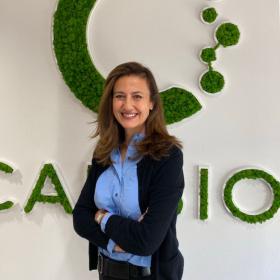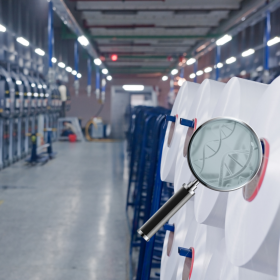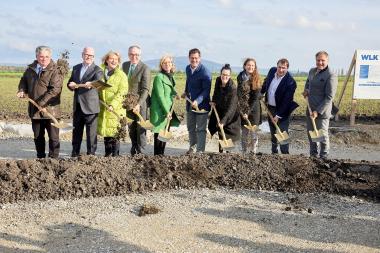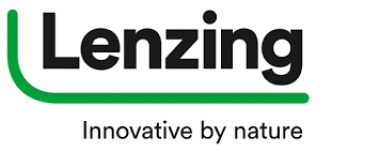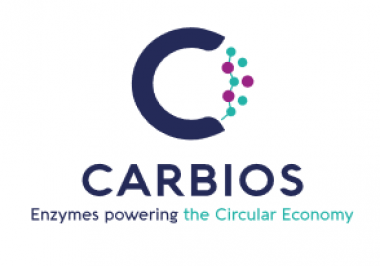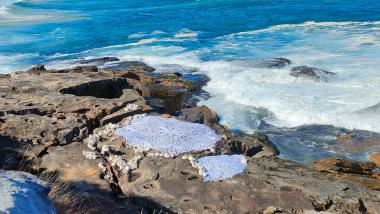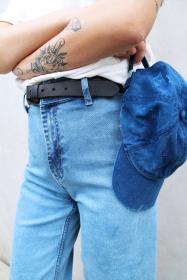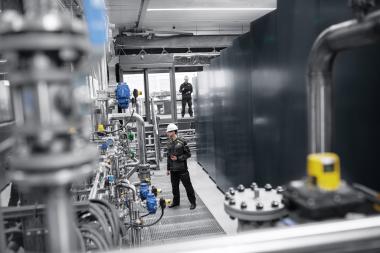Carbios: Appointment of Sophie Balmary as Director of Human Resources and Legal Affair
- Sophie BALMARY is appointed Director of Human Resources and Legal Affairs, and member of the Executive Committee
Carbios announced the appointment of Sophie Balmary as Director of Human Resources and Legal Affairs. Her mission will be to support the growth of Carbios' organization and operations: to steer organizational changes, develop talent and contribute to the development of a stimulating and fulfilling working environment, as well as to secure Carbios' operations within the framework of its industrial and commercial development. Sophie Balmary joins the Executive Committee and reports to Emmanuel Ladent, Chief Executive Officer of Carbios.
Trained as a lawyer, Sophie Balmary began her career at Renault in 1995, contributing to major projects involving changes to the Group's legal structure and mergers & acquisitions. In 2003, she joined the Renault Group's Human Resources Department, taking on various responsibilities, including Recruitment for France, managing the establishment of Head Office and Social Relations for France. In September 2017, she joined Michelin as Director of Social Relations, France. Her previous experience at Renault was crucial in strengthening social dialogue within Michelin by combining responsibility, agility, and social cohesion, capitalizing on her legal skills and in-depth understanding of industrial and human issues.
Carbios


